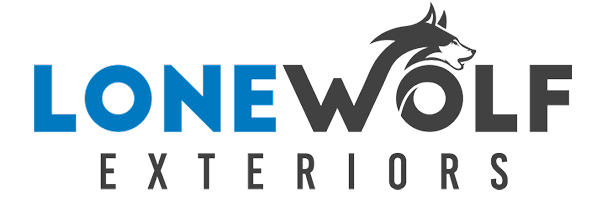How to Finance Your Window Replacement Project
Replacing windows in your home can significantly enhance energy efficiency, boost curb appeal, and increase property value. However, the cost of a window replacement project can be substantial, often prompting homeowners to explore various financing options. In this comprehensive guide, we’ll explore effective strategies to finance your window replacement project, ensuring you make informed decisions that align with your financial goals.
Understanding the Cost of Window Replacement
The cost of window replacement can vary widely based on factors such as window type, material, size, and labor. On average, homeowners can expect to spend anywhere from $300 to $1,000 per window, including installation. High-end materials or custom designs can elevate costs even further. It’s crucial to obtain multiple quotes from reputable contractors to understand the expected expenses.
Factors Influencing Window Replacement Costs
Several elements can impact the overall cost of your window replacement project:
- Window Material: Vinyl, wood, fiberglass, and aluminum are common options, with varying price points.
- Window Type: Double-hung, casement, bay, and picture windows each have different price ranges.
- Labor Costs: Installation fees can fluctuate depending on your location and the complexity of the project.
- Additional Features: Energy-efficient coatings, custom sizes, and soundproofing can increase costs.
Exploring Financing Options
Financing your window replacement project can make the investment more manageable. Here are some common options to consider:
Home Equity Loans
Home equity loans allow you to borrow against the equity you’ve built in your home. These loans typically offer lower interest rates than personal loans, making them an attractive choice for home improvement projects.
Pros: Fixed interest rates and predictable monthly payments.
Cons: Risk of foreclosure if you fail to repay the loan.
Home Equity Lines of Credit (HELOC)
A HELOC is similar to a credit card, providing a revolving line of credit based on your home’s equity. This option offers flexibility in borrowing and repayment.
Pros: Pay interest only on the amount you draw.
Cons: Variable interest rates can lead to fluctuating payments.
Personal Loans
Personal loans are unsecured and can be used for various purposes, including window replacements. They typically have higher interest rates compared to home equity options.
Pros: No collateral required.
Cons: Higher interest rates and shorter repayment terms.
Credit Cards
Using a credit card can be convenient for smaller projects. However, high-interest rates can make this an expensive financing option if not paid off quickly.
Pros: Easy to use for small purchases.
Cons: High interest rates can lead to significant debt if not managed carefully.
Government Programs and Incentives
In some regions, government programs offer incentives or low-interest loans for energy-efficient upgrades, including window replacements. Research local programs to see if you qualify for any financial assistance.
Pros: Potential cost savings through rebates or tax credits.
Cons: Availability varies by location and specific criteria.
Tips for Choosing the Right Financing Option
When selecting a financing option, consider the following tips to ensure you make the best decision for your financial situation:
Assess Your Budget
Before committing to any financing option, evaluate your monthly budget to determine how much you can comfortably afford to repay. This assessment will help you avoid overextending your finances.
Compare Interest Rates
Interest rates can significantly impact the total cost of your loan. Take time to compare rates from multiple lenders to secure the best deal available.
Check Your Credit Score
Your credit score plays a crucial role in determining the interest rate you qualify for. If possible, improve your credit score before applying for a loan to obtain more favorable terms.
Read the Fine Print
Before signing any loan agreement, thoroughly read the terms and conditions. Pay attention to fees, prepayment penalties, and other potential costs.
Conclusion
Financing your window replacement project is a smart way to enhance your home’s comfort and value without draining your savings. By understanding the costs involved and exploring various financing options, you can find a solution that aligns with your financial goals. Remember to assess your budget, compare interest rates, and read the fine print to make an informed decision. With the right approach, your window replacement project can be a seamless and financially viable endeavor.

Colleyville TX estimate for siding replacement

Royse City TX cost of vinyl siding replacement

replacement windows cost Lake Highlands Dallas Texas

best home window replacement Highland Park Texas

affordable home window replacement Springtown Texas

energy-efficient vinyl windows Highland Park Texas









































































